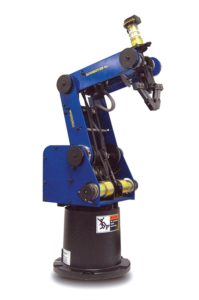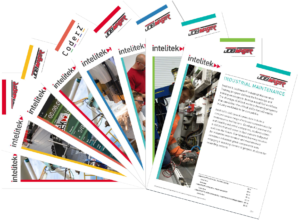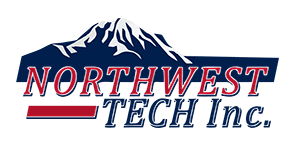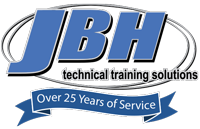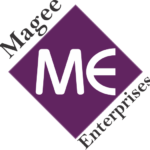Rapid changes in global competition have manufacturers focused on productivity by implementing new technologies, installing automated systems and adapting new management techniques and ideas. A common goal behind this push is to link and integrate all the manufacturing pieces into a Flexible Manufacturing System (FMS). Often called Smart Factories and Industry 4.0, these changes embody the transformation at the forefront of modernizing the manufacturing processes to keep competitive in this fast-changing world.
Intelitek’s FMS solutions are designed to introduce this advanced manufacturing capability to vocational and engineering classrooms. By emulating real world industrial automation and production applications found in modern plants in the classroom, educational programs can train skilled workers to be industry ready.
The core component of an FMS solution is a machine tending station that typically integrate a robotic arm with mobility components like a slide base, materials handling devices and a machine such as a CNC machine. Each FMS setup or cell is designed to perform a task in the manufacturing process. Our FMS product line includes Intelitek’s CNC machining and turning centers, SCORBOT and MotoMan robots, advanced simulation, automation, programming and control software, and curriculum.

Machine Tending Stations (FMS)
Machine tending packages are stand-alone workcells. Typically a robot
tends a CNC machine and performs other part manipulation and/or assembly
tasks.

Machine Tending Stations (FMS)
Machine tending packages are stand-alone workcells. Typically a robot tends a CNC machine and performs other part manipulation and/or assembly tasks.
Examples of MTS Configurations
Below are four levels of MTS starting from a core FMS bundle like that used in the SkillsUSA Robotics Automation Technology competition through to more complex, multi-tiered configurations with more than one machine and more sophisticated elements to delve into more complex configuration and programming of FMS systems.
Manufacturing System Integration Level I
Robotics Automation Technology* includes basic robotics expanded with materials handling, sensor technology, and PLC programming offering an integrated PBL approach to flexible manufacturing.
Components:
- ScorBot ER-4U Robotic Arm
- Conveyor
- Vision sensors
- Motion and proximity sensors
- Parts feeders/Storage
- PLC controller
- Safety and control components
Related Curriculum:
- Fundamentals of Robotics
- Materials Handling
- Machine Vision and Quality Control
- PLC programming
Manufacturing System Integration Level II
This basic flexible manufacturing configuration combines subtractive manufacturing, robotics and materials handling simulating a fully functional manufacturing cell. Built around a robot arm and milling machine, this solution combines with various mobility options for an advanced PBL learning solution.
Components:
- ScorBot ER-4U or MotoMan Robotic Arm
- BenchMill 6100 CNC Milling Machine
- Automatic Tool Changer
- Gravity Parts Feeder
Related Curriculum
- Fundamentals of Robotics
- CNC Milling Fundamentals
Manufacturing System Integration Level III
This is an expanded flexible manufacturing cell setup that includes a mobility system (Linear Slide Base) and two machines (CNC Mill and CNC Lathe). Configuratin supports advanced curriculum as well as work projects that can be completed using the configuration.
Components:
- ScorBot ER-4U or MotoMan Robotic Arm
- BenchMill 6100 CNC Machine
- Automatic Tool Changer
- Gravity Parts Feeder
- CNC BenchTurn 7100
- Workbench
- Linear Slide Base
- Pneumatic Feeder
- Engraving Package
Related Curriculum
- Robotics Fundamentals
- Advanced Robotics
- CNC Milling Fundamentals
- CNC Turning Fundamentals
- Intro to Advanced Manufacturing
Manufacturing System Integration Level IV
Using the hardware platform of the Level II or Level III package, the level IV options add advanced integration and multi-cell integration options. Here students can build a more sophisticated manufacturing cell or even create a multi-stage manufacturing process.
Components:
- Level II or Level II manufacturing cells plus
- Vision sensors
- Motion and proximity sensors
- Parts feeders
- Automated Storage
- PLC controller
- Safety and control components
Related Curriculum
- Fundamentals of Robotics
- Advanced Robotics
- CNC Milling Fundamentals
- CNC Turning Fundamentals
- Intro to Advanced Manufacturing
- Materials Handling
- Machine Vision and Quality Control
- PLC programming
Manufacturing Machines
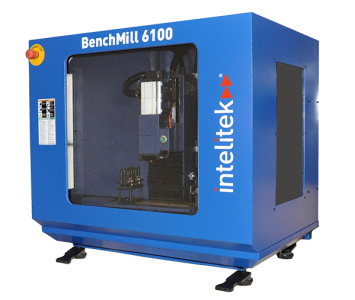
BenchMill 6100 CNC Milling Center
The BenchMill 6100 is a versatile PC-based benchtop CNC machining center that enables you to deliver robust instruction in computer numerical control and advanced manufacturing training for your students.
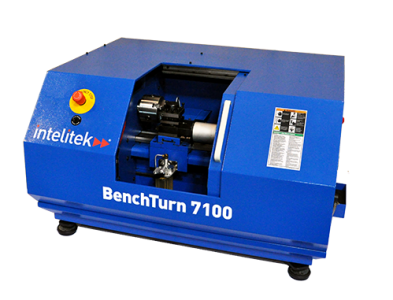
BenchTurn 7100 CNC Turning Center
The BenchTurn 7100 is a benchtop CNC turning machine for learning environments.
Robotics
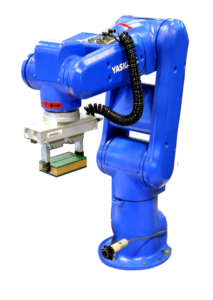
Yaskawa Motoman Robotic Arms
A versatile and light-weight 6-axis robotic arm for educational use.
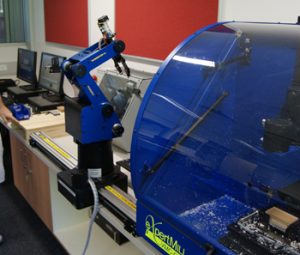
Linear Slide Base (LSB)
Linear Slide base enables the workcell to be expanded by providing mobility to the robot arm so it can serve multiple machines and expand the reach of the robot.
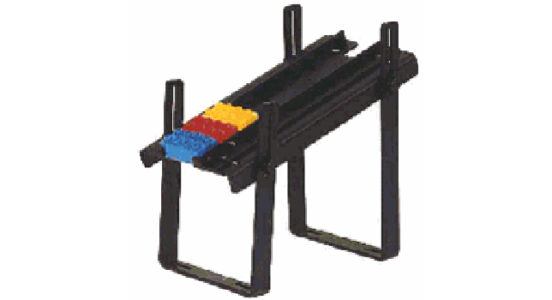
Parts Feeder & Local Storage
Parts feeders and storage racks enable WIP to be manipulated and products to be assembled as part of the manufacturing cell,
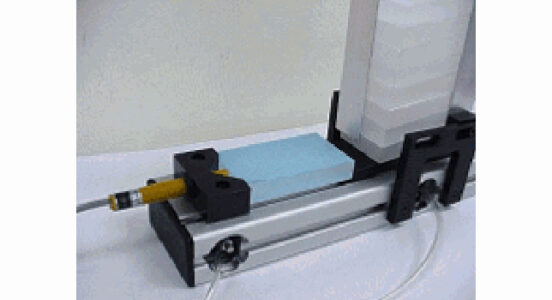
Parts Manipulators and Inspection
Pneumatic feeders, measurement devices and machine vision are some of the options to enhance the FMS functionality and expand the learning experience.
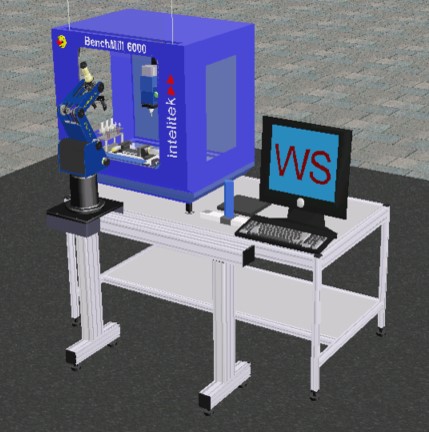
OpenFMS
OpenFMS software provides a comprehensive solution for the operation, control and simulation of Flexible Manufacturing System (FMS) cells. OpenFMS is a platform to design, build and program workcells using Intelitek components.
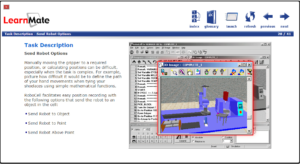
Curriculum
Flexible Manufacturing Systems (FMS)
CATALOG #: 17-3022-0000
HOURS OF INSTRUCTION: 15
Description
The Flexible Manufacturing System (FMS) course exposes students to automation and industrial applications by combining CNC technology with robotics and materials handling. Students develop and edit programs, record precise robotic positions, accurately mill parts,and synchronize mill and robot operation. Students gain “virtual hands-on” experience in CNC and robot programming, especially in I/O commands. Students design solutions for industrial FMS applications with emphasis on real industrial concerns, such as optimized CNC and robotic programming and accurate machine tending.
COURSE OUTLINE
- Getting Started
- CNC Machining
- RoboCell Simulation and Control Software
- Designing an FMS Workcell
- Writing a Program
- Programming Mill Operations
- Conditional Programming
- Storing Finished Parts
- Multiple Part Programming
- Lathe Operations
- Multiple Part Lathe Operations
- Program Integration
- Designing the Final Project
- Running the Final Project

